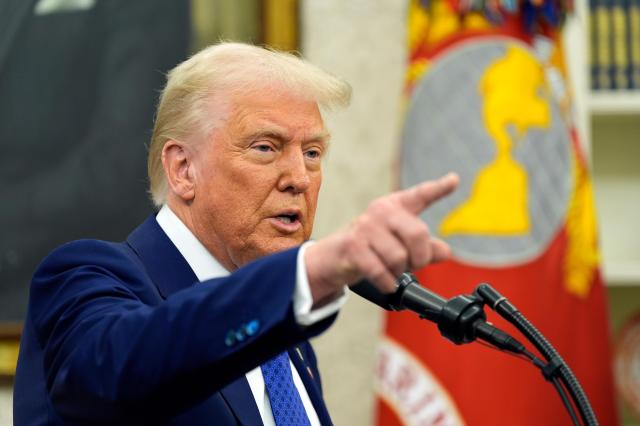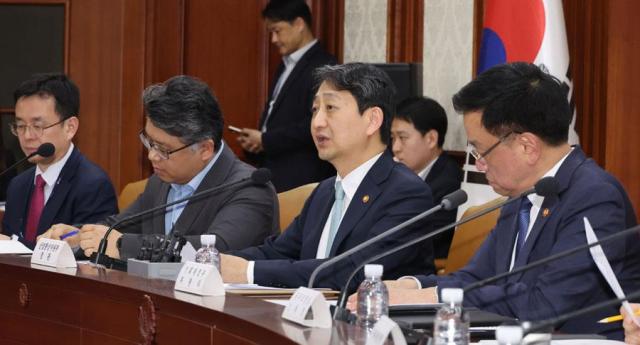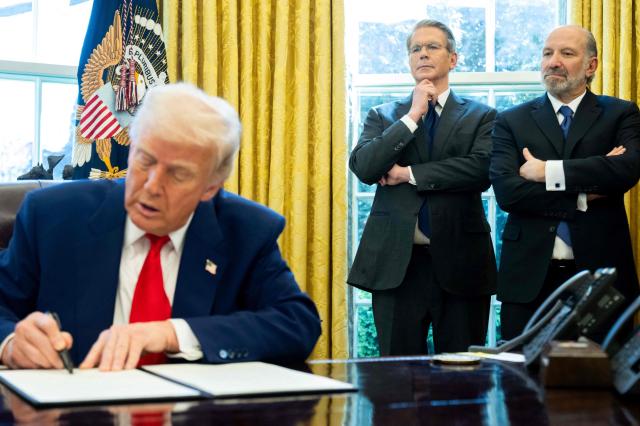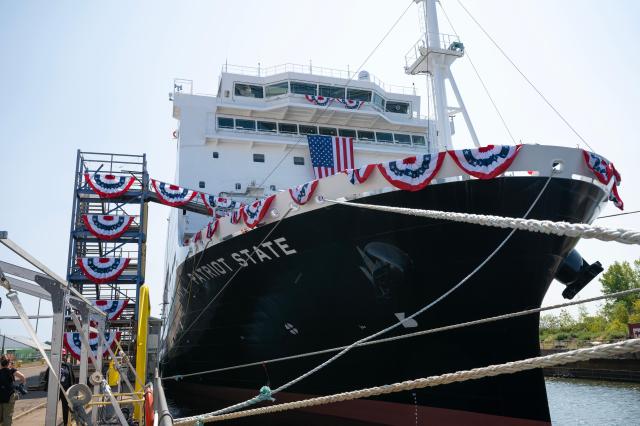
SEOUL, February 13 (AJP) - A day after U.S. President Donald Trump imposed a sweeping 25 percent tariff on imported steel and aluminum, the White House highlighted Hyundai Steel’s potential investment in the United States, framing it as a step to bolster American manufacturing.
In a fact sheet, the White House stated that Trump’s decision to eliminate loopholes and exceptions would “strengthen the U.S. steel and aluminum industries.”
The statement also noted that Hyundai Steel had recently announced it was “actively considering” building a steel plant in the U.S.
The administration emphasized that during Trump’s first term, his initial tariffs on steel and aluminum had led to a nearly one-third reduction in related imports by 2020, compared with four years earlier. The White House also claimed that the tariffs had prompted more than $10 billion in new factory investments across the country, citing Hyundai Steel as an example of the policy’s impact.
Hyundai Steel, one of South Korea’s largest steelmakers, is reviewing plans to establish a production plant in the U.S. to supply automotive steel sheets to the North American market.
According to company officials, Hyundai Steel is considering finalizing a site, and the plant set for completion around 2029. The company is still weighing factors such as production methods — whether to use an electric arc furnace or a hydrogen-based reduction furnace — as well as cost, scale and location.
In a New Year’s address, Seo Kang-hyun, Hyundai Steel’s chief executive, underscored the need to strengthen export competitiveness amid growing trade restrictions.
“With trade bloc formation and supply chain regulations on the rise, it is essential to enhance our competitiveness and establish a local sales system,” Seo said. “Securing global business hubs will be a key factor in differentiating ourselves from competitors.”
Trump signed a proclamation on Saturday formalizing the new tariffs, which are set to take effect on March 12. Unlike previous measures, the latest round of duties offers no exemptions.
During his first term, Trump imposed similar tariffs in 2018 under Section 232 of the Trade Expansion Act, levying a 25 percent duty on steel and a 10 percent duty on aluminum. At the time, South Korea negotiated an exemption by agreeing to cap its steel exports to the U.S. at 70 percent — about 2.63 million tons — of its average shipments from 2015 to 2017.
With the latest decision, however, both the tariff exemption and the quota system are set to expire.
Copyright ⓒ Aju Press All rights reserved.





View more comments